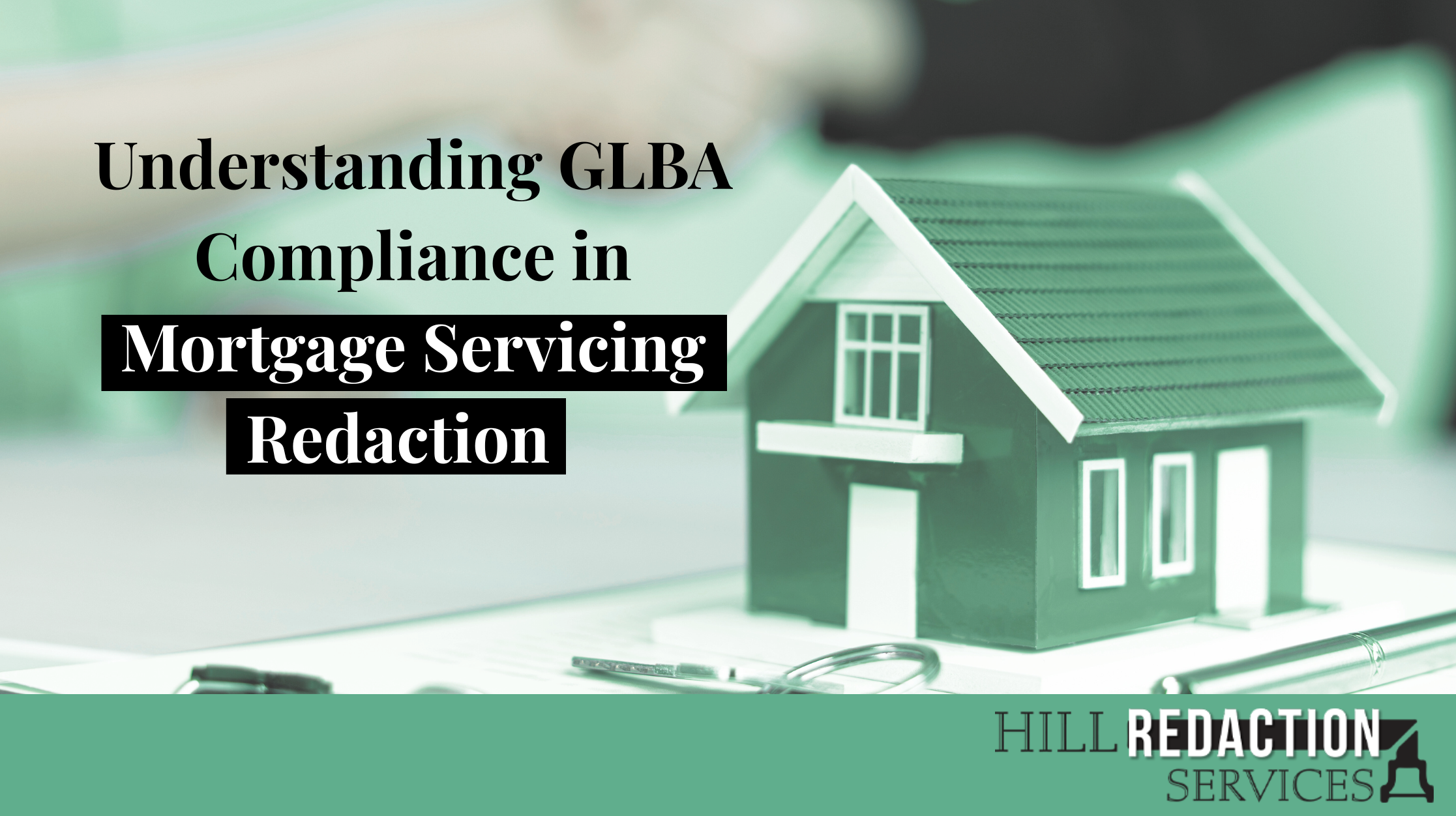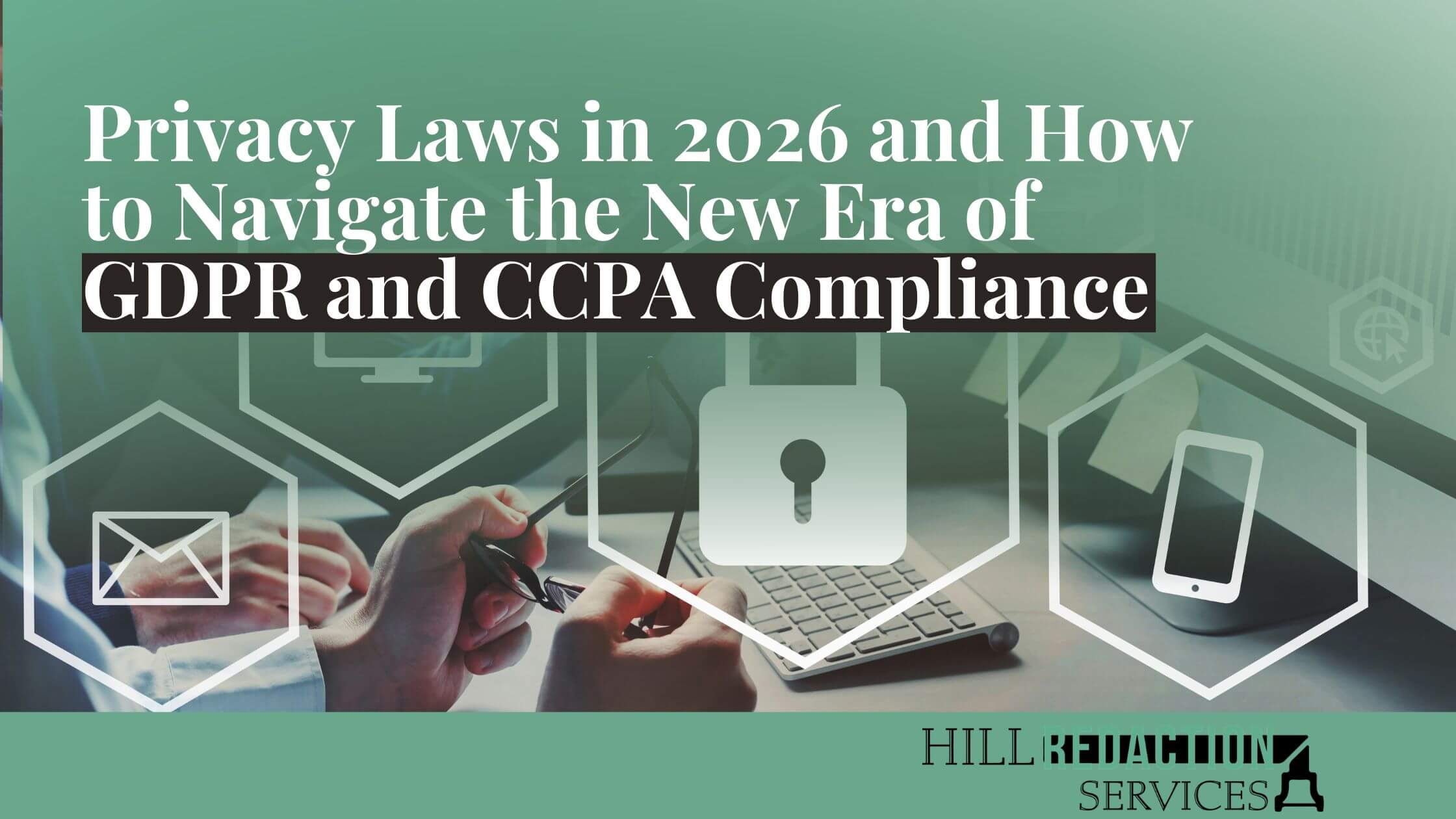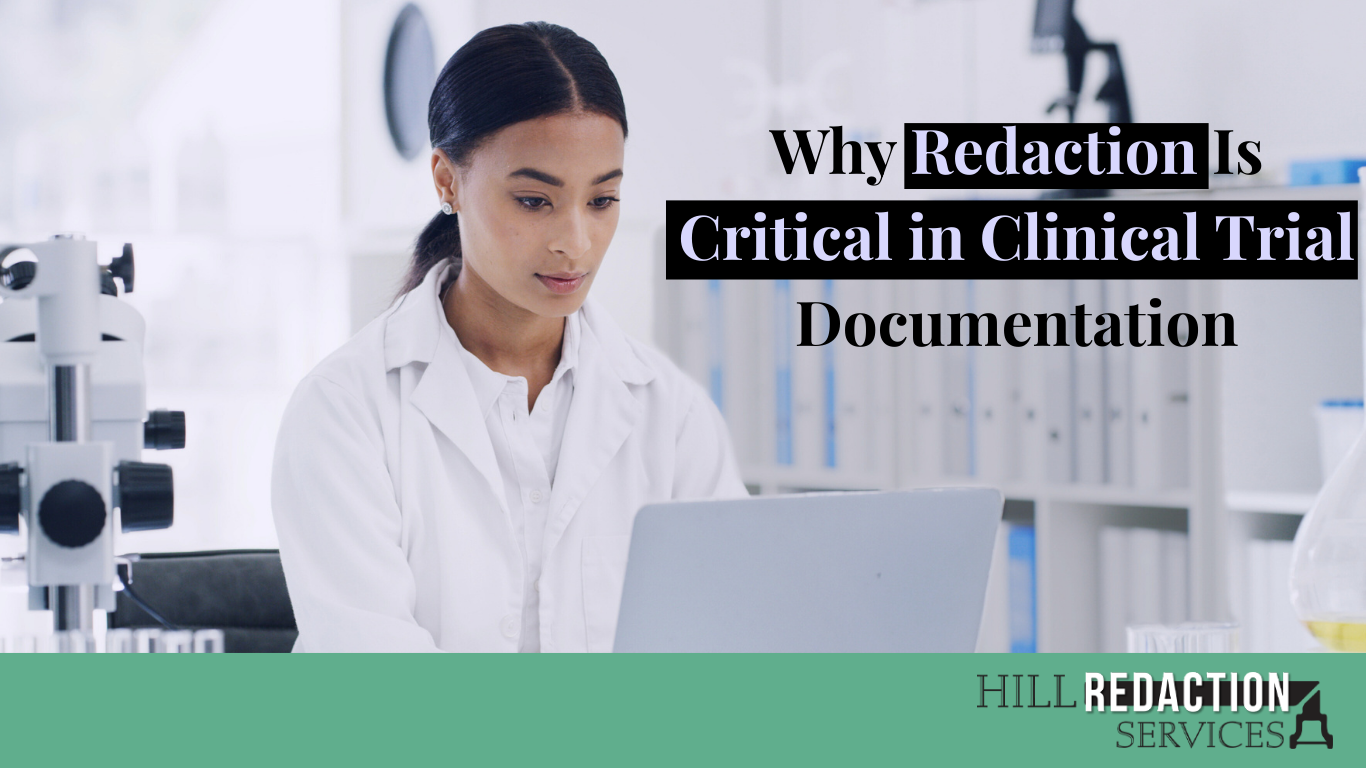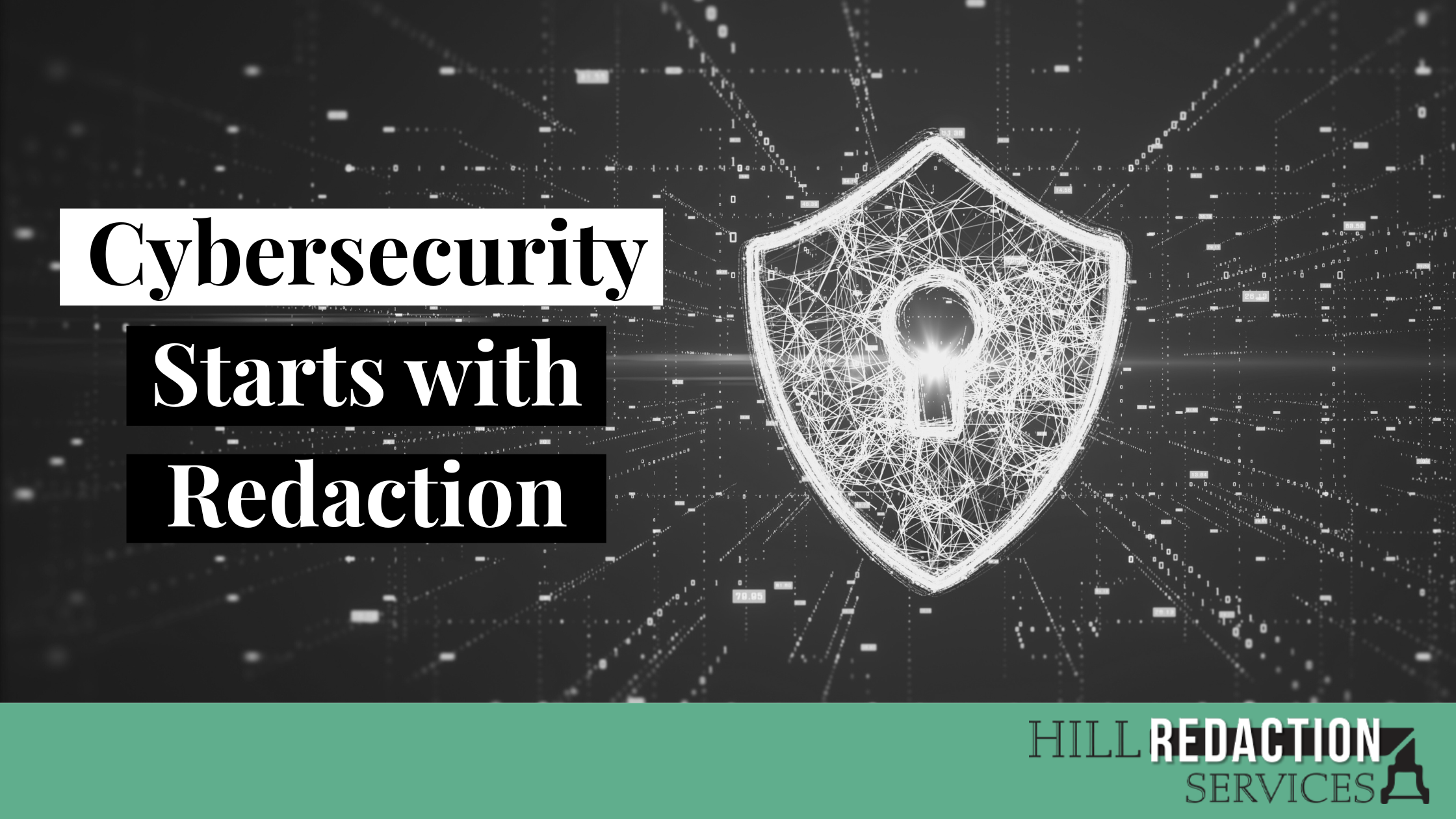
Understanding GLBA Compliance in Mortgage Servicing Redaction
Mortgage servicers handle extensive borrower information daily, ranging from account details to personal identifiers. The Gramm-Leach-Bliley Act (GLBA) requires financial institutions, including mortgage servicers, to protect nonpublic personal information (NPI) to ensure borrower privacy and maintain regulatory compliance.
What is the GLBA?
The GLBA is a federal law that mandates financial institutions to explain their information-sharing practices and protect sensitive data. Under GLBA, mortgage servicers must implement measures to safeguard borrower information from unauthorized disclosure, including in any documentation shared externally or released through audits or litigation.
Why GLBA Compliance Matters in Redaction
Failure to redact sensitive PII from mortgage servicing files can result in:
-
Regulatory penalties and fines
-
Breach of borrower trust
-
Legal liabilities and potential lawsuits
-
Reputational damage for the servicing firm
Key Information to Redact Under GLBA
Mortgage servicing records often include:
-
Names and contact information
-
Social Security numbers and tax identification numbers
-
Account numbers, payment history, and financial transactions
-
Employment and income details
All nonpublic personal information that can identify a borrower must be removed before external distribution.
Best Practices for GLBA Compliant Redaction
-
Develop Comprehensive Redaction Policies: Outline which data must be redacted under GLBA and ensure staff are trained on these policies.
-
Use Certified Redaction Tools: Ensure that redaction tools permanently remove data and metadata rather than simply obscuring text visually.
-
Implement a Dual Review Process: Combining automated identification with expert human review minimizes the risk of missed information.
-
Conduct Regular Compliance Audits: Periodic audits ensure redaction practices remain aligned with current GLBA requirements.
-
Train Teams Continuously: Keeping staff updated on compliance standards reduces the risk of errors in redaction processes.
Conclusion
GLBA compliance is non-negotiable in mortgage servicing. Effective redaction not only protects borrower privacy but also upholds institutional integrity and ensures adherence to federal regulations. Prioritizing thorough and compliant redaction processes positions mortgage servicers to mitigate risk while demonstrating their commitment to borrower confidentiality.
Learn more about how Hill Redaction Services can help your agency meet GLBA requirements with confidence. Visit hillredact.com or call us for a consultation.
Related Posts

Understanding GLBA Compliance in Mortgage Servicing Redaction
Mortgage servicers handle extensive borrower information daily, ranging from account details to personal identifiers. The Gramm-Leach-Bliley Act (GLBA) requires financial institutions, including mortgage servicers, to protect nonpublic personal information (NPI) to ensure borrower privacy and maintain regulatory compliance.
What is the GLBA?
The GLBA is a federal law that mandates financial institutions to explain their information-sharing practices and protect sensitive data. Under GLBA, mortgage servicers must implement measures to safeguard borrower information from unauthorized disclosure, including in any documentation shared externally or released through audits or litigation.
Why GLBA Compliance Matters in Redaction
Failure to redact sensitive PII from mortgage servicing files can result in:
-
Regulatory penalties and fines
-
Breach of borrower trust
-
Legal liabilities and potential lawsuits
-
Reputational damage for the servicing firm
Key Information to Redact Under GLBA
Mortgage servicing records often include:
-
Names and contact information
-
Social Security numbers and tax identification numbers
-
Account numbers, payment history, and financial transactions
-
Employment and income details
All nonpublic personal information that can identify a borrower must be removed before external distribution.
Best Practices for GLBA Compliant Redaction
-
Develop Comprehensive Redaction Policies: Outline which data must be redacted under GLBA and ensure staff are trained on these policies.
-
Use Certified Redaction Tools: Ensure that redaction tools permanently remove data and metadata rather than simply obscuring text visually.
-
Implement a Dual Review Process: Combining automated identification with expert human review minimizes the risk of missed information.
-
Conduct Regular Compliance Audits: Periodic audits ensure redaction practices remain aligned with current GLBA requirements.
-
Train Teams Continuously: Keeping staff updated on compliance standards reduces the risk of errors in redaction processes.
Conclusion
GLBA compliance is non-negotiable in mortgage servicing. Effective redaction not only protects borrower privacy but also upholds institutional integrity and ensures adherence to federal regulations. Prioritizing thorough and compliant redaction processes positions mortgage servicers to mitigate risk while demonstrating their commitment to borrower confidentiality.
Learn more about how Hill Redaction Services can help your agency meet GLBA requirements with confidence. Visit hillredact.com or call us for a consultation.





